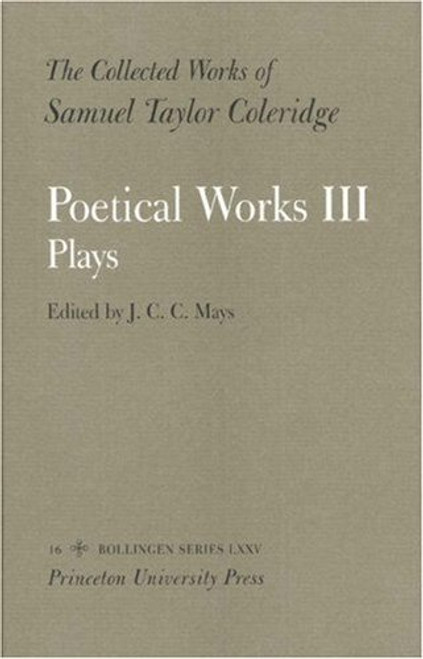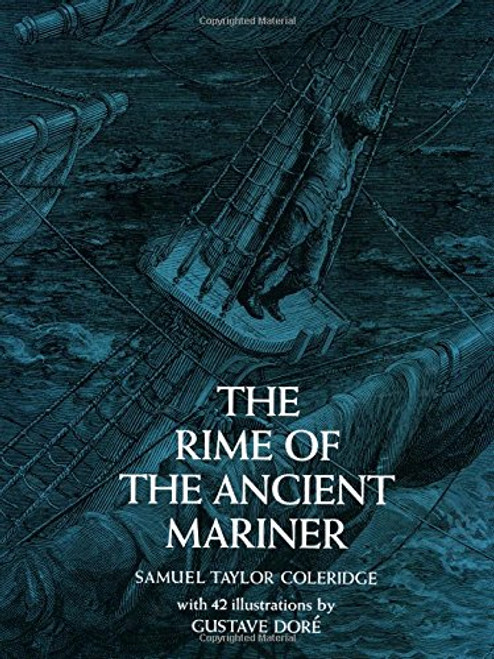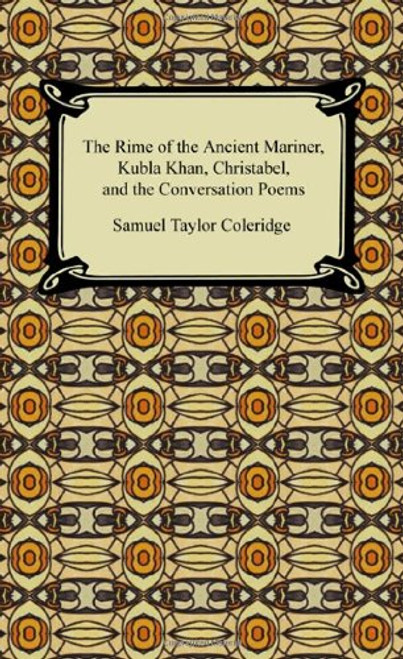Product Overview
This historic book may have numerous typos and missing text. Purchasers can download a free scanned copy of the original book (without typos) from the publisher. Not indexed. Not illustrated. 1904 edition. Excerpt: ... and institutions, we come to the Biographia Literaria (1817), perhaps the first in dignity, though hardly the most influential of Coleridge's prose writings. The strictly autobiographical portion, though agreeable, is desultory and reticent, which may be excused in consideration of the fact that Coleridge was largely writing of living persons, but would probably have existed to the same degree under-any circumstances. The circumstance, however, that he is recording opinions rather than incidents, conduces to the free expression of his views on subjects which interested him. The criticism in the first volume is mainly philosophical, and Descartes, Hume, Hobbes, and Spinoza receive especial attention. Wordsworth is the principal figure of the second volume, and Coleridge performs a service essen- tial to Wordsworth's fame by abandoning his theory of poetic diction, and showing that he had not adhered to it in practice. He does not entirely conceal his disappointment with The Excursion, and on the whole Wordsworth's pride must have received several rubs, but he behaved with magnanimity. The treatment of him would not have been so ample but for the necessity of filling out the volume, a base need not unknown even to the dignity of Goethe. Valuable as are Coleridge's remarks on Wordsworth, the most valuable part of his essay is his masterly treatment of the relation of imagination to fancy. This was the lecturing period of Coleridge's life, but as none of his discourses were published by himself it may be best to defer the consideration of the precious but too scanty morsels gleaned by others until we arrive at his posthumous Literary Remains. His next complete work (1818) was the Essay on...





